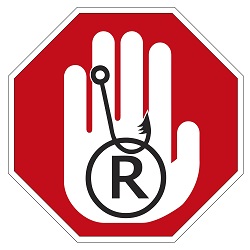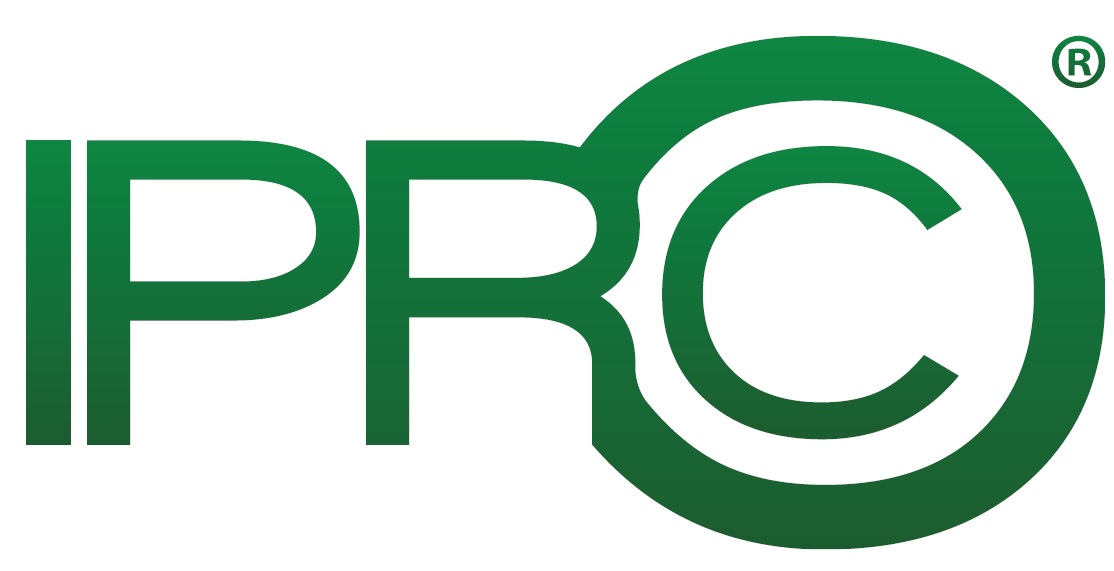Safeguarding Brands: Combating Trademark Infringement with AFA Forms in EU and US Customs
In the fast-paced world of global trade, protecting intellectual property (IP) rights is paramount for businesses to maintain their competitive edge and safeguard their brand reputation. Among the various forms of IP, trademarks serve as vital assets, representing the essence of a company's identity. However, the proliferation of counterfeit goods poses a significant threat to trademark owners worldwide. To tackle this issue head-on, regulatory frameworks such as the Application for Action (AFA) forms play a crucial role in empowering customs services in the European Union (EU) and the United States. Let's explore how AFA forms aid in combating trademark infringement while examining their respective pros and cons.
 Understanding AFA Forms
Understanding AFA Forms
AFA forms serve as formal requests submitted by trademark owners to customs authorities, empowering them to take proactive measures against suspected counterfeit goods entering their territories. These forms provide detailed information about the protected trademarks, enabling customs officials to identify and detain infringing goods during border inspections.
The Role of AFA Forms in the European Union
In the EU, customs authorities play a pivotal role in enforcing IP rights through the use of AFA forms. Trademark owners can submit AFA forms to the customs authorities of EU member states, allowing them to take action against infringing goods imported into the EU's single market.
Pros
Effective Deterrent: AFA forms serve as a powerful deterrent against trademark infringement by enabling customs authorities to intercept and detain suspected counterfeit goods at the EU's borders. This proactive approach helps prevent counterfeit products from entering the EU market, thereby protecting consumers and preserving the integrity of legitimate businesses.
Streamlined Process: AFA forms streamline the process for trademark owners to request customs intervention, ensuring swift action against suspected infringing goods. By providing detailed information about protected trademarks, AFA forms facilitate targeted enforcement efforts by customs authorities.
Cons
Administrative Burden: Submitting AFA forms and coordinating with customs authorities can be administratively burdensome for trademark owners, particularly for businesses with extensive trademark portfolios. The need for ongoing monitoring and communication with customs officials adds to the administrative workload.
Resource Constraints: Customs authorities may face resource constraints in effectively implementing AFA forms, including limited staffing and budgetary allocations. This can impact the timeliness and efficiency of customs interventions, potentially allowing some counterfeit goods to slip through the cracks.
The Role of AFA Forms in the United States
Similarly, in the United States, trademark owners can utilize AFA forms to request assistance from US Customs and Border Protection (CBP) in preventing the importation of counterfeit goods into the country.
Pros:
Enhanced Enforcement: AFA forms empower CBP to take proactive measures against trademark infringement, including the detention and seizure of suspected counterfeit goods at US ports of entry. This strengthens enforcement efforts and helps protect US consumers from counterfeit products.
Legal Recourse: Trademark owners who submit AFA forms benefit from statutory remedies and legal recourse provided under US law, enabling them to pursue civil actions against infringers and seek damages for trademark violations.
Cons:
Complexity of Legal Proceedings: While AFA forms provide legal avenues for trademark enforcement, pursuing civil actions against infringers can be complex and time-consuming. Trademark owners may encounter legal challenges and procedural hurdles that impact the outcome of infringement cases.
Limited Scope: AFA forms primarily address trademark infringement concerning goods imported into the United States. However, they may not fully address the broader challenges of global counterfeiting, where counterfeit goods are manufactured and distributed across multiple jurisdictions.
Conclusion
Trademark infringement poses significant risks to businesses, undermining brand integrity and revenue streams. Regulatory mechanisms such as AFA forms play a crucial role in empowering customs services in the EU and the US to combat trademark infringement effectively. While AFA forms offer valuable tools for enforcement, they also present challenges and limitations that require careful consideration. And of course target only goods (and rarely services). By addressing these challenges and fostering international cooperation, stakeholders can work together to strengthen IP protection and safeguard the quality of the goods.















